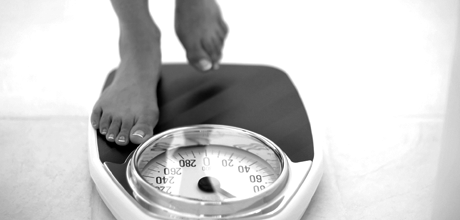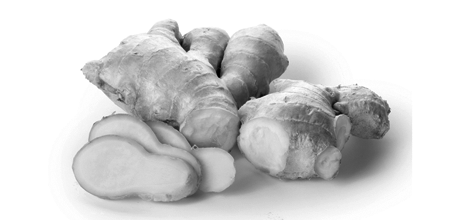Combat a cough
Sage is anti-inflammatory, anti-viral and immune boosting, so it’s ideal for easing coughs. Place two sage leaves in a cup and pour boiling water over them. Leave to infuse for 10 minutes, then strain and drink.
Yearly Archives: 2016
REASONS TO WALK #8.
THE SECRET SUPERFRUIT.
Pineapples are loaded with nutrients and powerful enzymes that will benefit your health no end. The real star of the show is the enzyme bromelain, which this tropical fruit is full of.
It has powerful anti-inflammatory benefits that can have an effect on reducing arthritis and healing time from sports injuries, wounds and stings.
Bromelain can also lessen hay fever symptoms, increase the absorption of antibiotics, reduce blood clotting and some studies have shown it can even help in controlling the growth of tumours.
It also gives the metabolism a short-term boost by speeding up digestion.
Pineapple is fibre-rich, so great for digestion, and high in vitamin C, essential for a healthy immune system.
It’s a good source of thiamine, copper – essential for healthy blood cells – and potassium, which helps control blood pressure.
Don’t overdo it though, it’s quite a high-sugar fruit.
HEALTH CURES: LINSEEDS.
REASONS TO WALK #7.
CLASSIC DIET TRUTHS… FACT OR FICTION?
Grapefruit helps you to lose weight
It was once believed that grapefruit contained fat-busting enzymes, but the truth is in it’s ability to reduce levels of the hormone insulin in our blood. This, in turn, causes us to feel less hungry and we are therefore more likely to eat fewer calories.
Spicy foods speed up your metabolism
Research has proven that eating spicy foods, such as chilli sauce and hot mustard, with your meal can increase your metabolism and therefore increase the number of calories you burn. This small metabolisim-boosting effect may be useful when losing weight, but only as part of an overall mix of weight-loss efforts. Strength training (i.e. lunges, squats and exercising your biceps and triceps) can increase your metabolism by 15%.
Missing meals helps you to shed pounds
Not true. When we miss a meal our bodies go into primitive survival mode and cleverly slow the rate at which we burn calories. Skipping a meal also makes you feel hungrier at the next one, so you’re more likely to eat more to compensate for the meal you did not have. Eat three balanced meals a day, plus healthy snacks in between, to keep your metabolism and appetite steady.
Separating proteins and carbohydrates makes you slimmer
Not so. Our bodies are perfectly capable of digesting the nutrients in a mixed meal. However, research shows that we naturally eat less when we eat just one type of food per meal, because we get bored so stop eating sooner. As a result, people who follow ‘food-combining’ diets where they separate protein from carbs often tend to lose weight successfully.
HEALTH CURES: GINGER.
REASONS TO WALK #6
SALT CONSUMPTION ON THE DECREASE, BUT THERE’S STILL A WAY TO GO.
It has been revealed that the average salt consumption by adults has dropped by almost 1g in the last decade. This is an encouraging result, as high levels of salt can cause blood pressure to rise, which in turn can increase the possibility of strokes and other health issues.
However, despite this good news, adults are still eating about 8g per day which is over the recommended amount of 6g for good health. Most of the salt being consumed is in the foods we buy, and the reduction may be as a result of pressure on the industry to minimise salt levels.
How can you reduce your salt intake?
- Compare the labels on packaging, you’ll be surprised at how much salt you can cut this way
- Go for reduced salt meats, such as unsmoked back bacon. Cured meats and fish tend to be high in salt content, so buy these less often.
- Buy tinned vegetables without added salt
- Tomato based sauces are often lower in salt than ready-made pasta sauces
- Eat healthier snacks as opposed to crisps or crackers, or check the labels to choose those lowest in salt.








